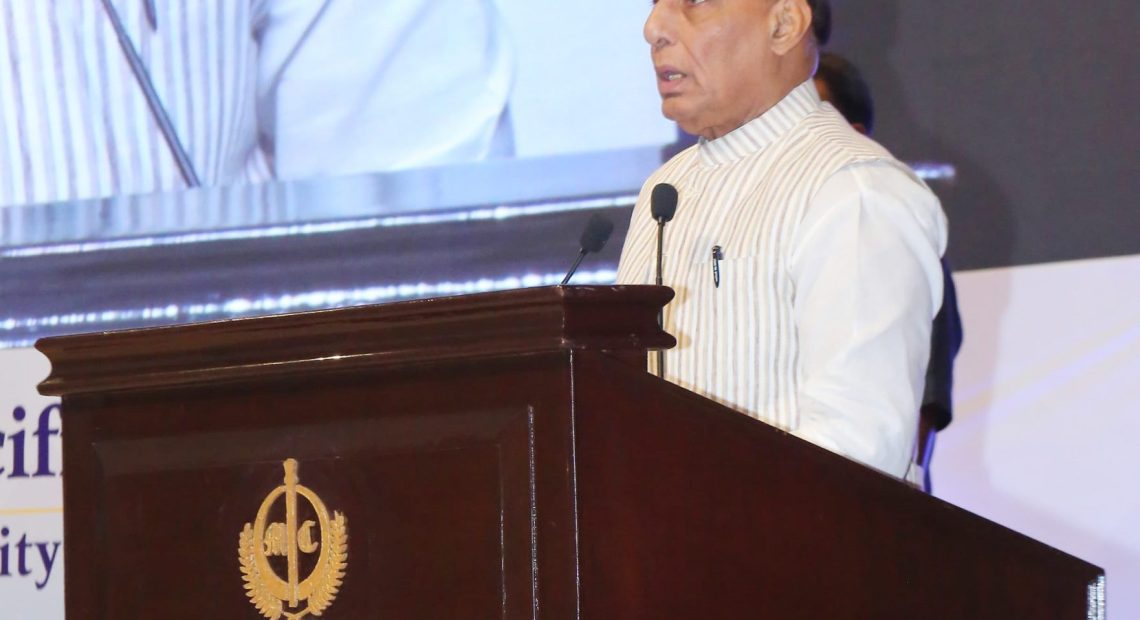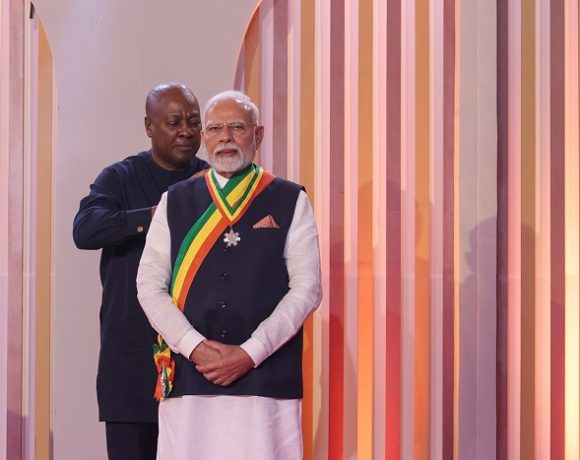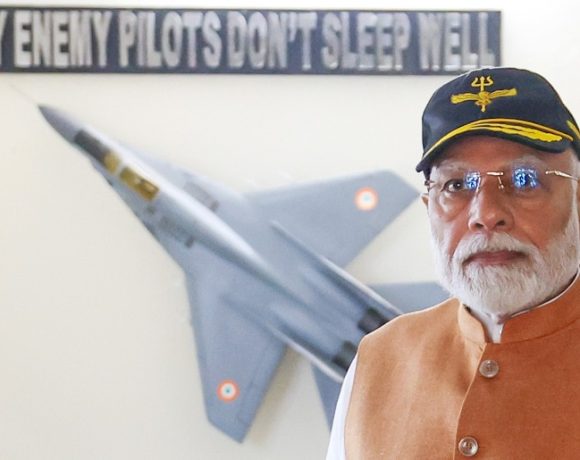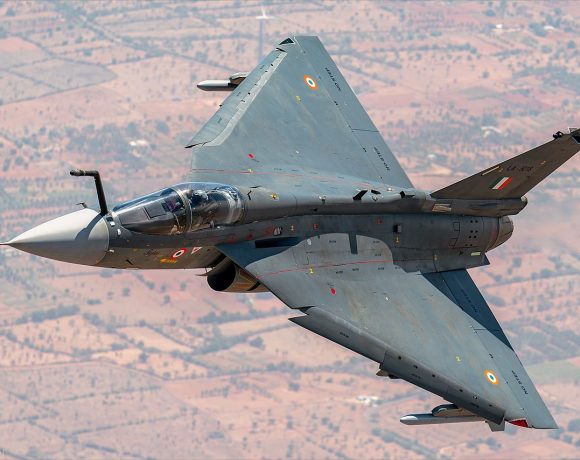
Rajnath Singh: Indian Military Might Felt in Rawalpindi
In a bold assertion of India’s growing military assertiveness, Defence Minister Rajnath Singh on Saturday declared that the impact of Indian armed forces was felt deep inside Pakistan, including in Rawalpindi, the very nerve centre of the Pakistani military establishment. Singh made the remarks while virtually addressing an event in Lucknow to inaugurate a new BrahMos missile production unit.
Under Operation Sindoor, India reportedly launched a coordinated strike not only on Pakistani military bases near the border but extended its operations to Rawalpindi, which houses the General Headquarters (GHQ) of the Pakistan Army. The operation, Singh said, was not merely a military maneuver but a demonstration of India’s comprehensive resolve against terrorism.
“Might Of Indian Military Felt In Rawalpindi”: Rajnath Singh
Describing the operation as a blend of political, social, and strategic intent, Singh underlined that India’s actions serve as a warning to both terrorists and their backers across the border. “We have shown that whenever India takes any action against terrorism, even the land across the border will not be safe for the terrorists and their masters,” he stated.
He further emphasized the moral and ethical clarity with which India conducted its operations. “We never targeted their civilians. But Pakistan not only targeted civilian areas of India but also tried to attack temples, gurudwaras and churches,” he pointed out, drawing a sharp distinction between the Indian military’s targeted actions and Pakistan’s indiscriminate aggression.
Operation Sindoor: A Strategic Turning Point
Operation Sindoor is being hailed as a turning point in India’s counter-terrorism doctrine. With previous retaliatory actions like the Balakot airstrikes and surgical strikes, India had already signaled a new threshold in its response to cross-border terrorism. Operation Sindoor appears to take that doctrine further by demonstrating India’s capability and willingness to strike symbolic and strategic targets, even deep within enemy territory.
Defence analysts believe Singh’s statement signals not only the operational depth of India’s armed forces but also a calibrated shift in political posture — one where diplomatic restraint is no longer a shield for inaction. With the inauguration of the BrahMos production facility coinciding with these remarks, it also highlights India’s growing emphasis on indigenous defense capabilities aligned with proactive deterrence.
As tensions continue to simmer, Singh’s remarks are a clear message — the Indian military is prepared, precise, and willing to act beyond conventional boundaries if provoked.


















